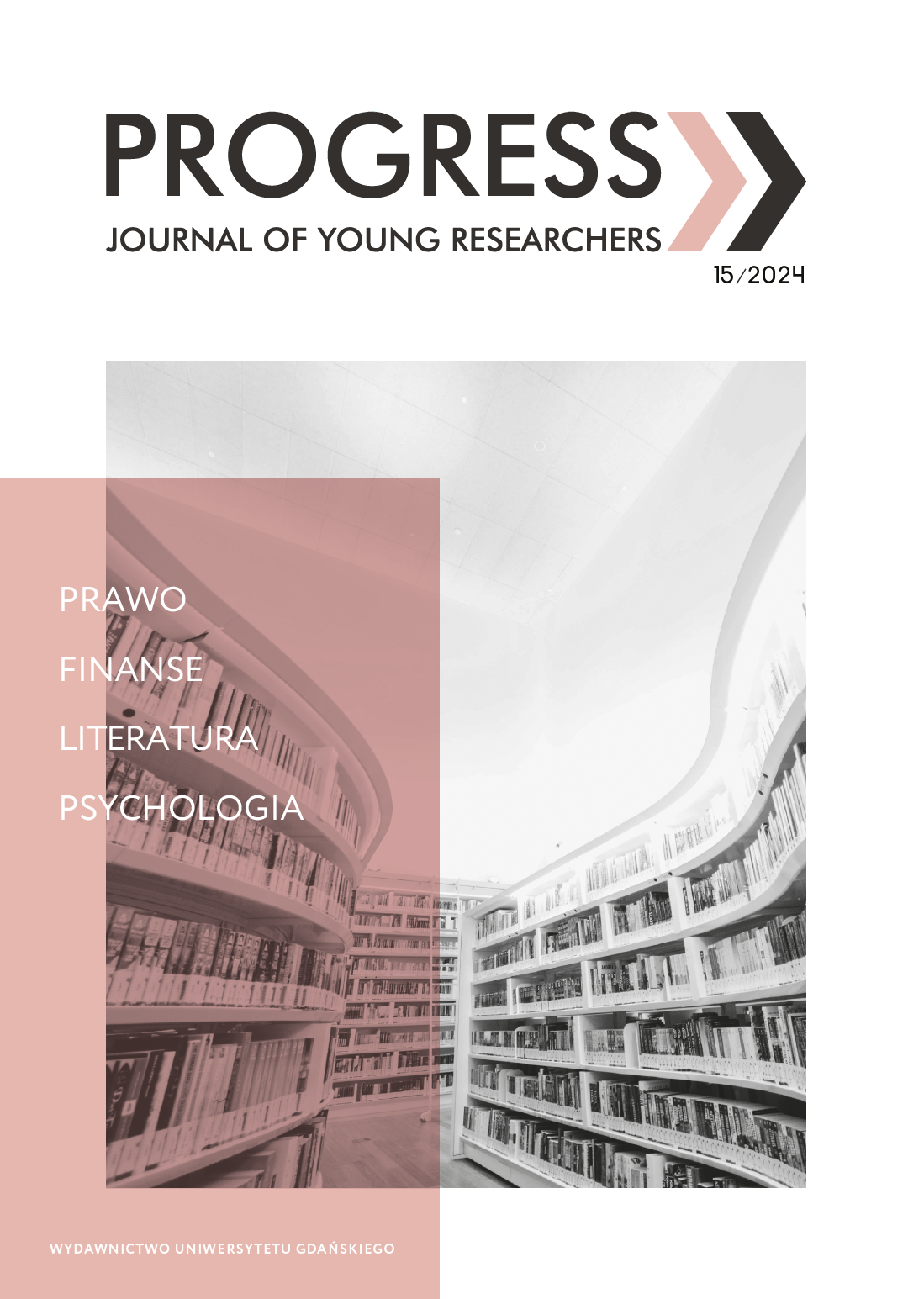The essence, manifestations and benefits of consensualism in the de lege lata Polish criminal process – selected issues against the background of the public complaint procedure
DOI:
https://doi.org/10.26881/prog.2024.15.04Keywords:
consensualism, criminal trialAbstract
Although consensualism is an inherent element of the Polish criminal process, there is no consensus on how to understand this phenomenon. For example, it is believed that consensualism is implemented through criminal trial agreements. It is also believed that selected normative manifestations of consensualism make it possible to isolate the principle of consensualism within the criminal process. It is also pointed out that it is possible to distinguish a model of the criminal process based on consensualism – the consensual model. The aim of this study is to present different perspectives on the perception of consensualism that can be seen in the doctrine of criminal procedural law. The article also presents selected criminal procedural institutions present in the Polish criminal process de lege years. After analyzing the above matter, an attempt was made to calculate the benefits of consensual criminal proceedings for the injured party, the accused and the justice system. It seems worth summarizing the previous considerations in the literature on the subject, as well as making an attempt to systematize this issue.
Downloads
References
Literatura
Hofmański P. (red.), 2014, Zasada konsensualizmu w polskim procesie karnym: Fiat iustitia pereat mundus. Księga jubileuszowa poświęcona Sędziemu Sądu Najwyższego Stanisławowi Zabłockiemu z okazji 40-lecia pracy zawodowej, Warszawa.
Kardas P., 2004, Konsensualne sposoby rozstrzygania w świetle nowelizacji kodeksu postępowania karnego z dnia 10 stycznia 2003 r., „Prokuratura i Prawo”, nr 1.
Stefański R.A., Zabłocki S. (red.), 2021, Kodeks postępowania karnego, t. III: Komentarz do art. 297–424, Warszawa.
Steinborn S., 2005, Porozumienia w polskim procesie karnym. Skazanie bez rozprawy i dobrowolne poddanie się odpowiedzialności karnej, Kraków.
Szwarc A.J. (red.), 1993, Dopuszczalność porozumiewania się i uzgadniania rozstrzygnięć przez uczestników postępowania karnego w świetle polskiej procedury karnej: Porozumiewanie się i uzgadniania rozstrzygnięć przez uczestników postępowania karnego, Warszawa-Poznań.
Światłowski A., 2000, Porozumienia karnoprocesowe w polskim procesie karnym w opinii sędziów i prokuratorów, „Archiwum Kryminologii”, t. XXV.
Waltoś S., 2005, Proces karny. Zarys systemu, Warszawa.
Wiliński P., 2020, Zarys teorii konfliktu w prawie karnym, Warszawa.
Akty prawne
Ustawa z dnia 6 czerwca 1997 r. Kodeks postępowania karnego (t.j. Dz. U. z 2024 r., poz. 37 z późn. zm.).
Ustawa z dnia 19 kwietnia 1969 r. Kodeks postępowania karnego (Dz. U. Nr 13, poz. 96 z późn. zm.).
Orzecznictwo
Wyrok SN z dnia 4 czerwca 2019 r., IV KK 166/18, LEX nr 2727508.
Wyrok SN z dnia 3 lipca 2019 r., III KK 446/18, LEX nr 3372541.
Downloads
Published
How to Cite
Issue
Section
License
Copyright (c) 2025 Author(s)

This work is licensed under a Creative Commons Attribution 4.0 International License.

 Academic Scientific Journals
Academic Scientific Journals




